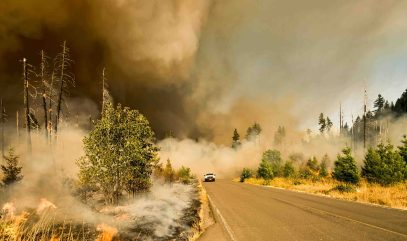6 things you can do to save the world
You’ve heard of the 12 days of Christmas... here for the new year are the 6 Days of Impact. These six actions are things YOU can do to positively impact your communities and the environment you depend on:
- Buy local, organic, and regeneratively grown food (1)
- Invest responsibly and bank locally (2)
- Champion the clean energy economy (3)
- Create low waste habits (4)
- Vote with your wallet (5)
- Give as you go (6)
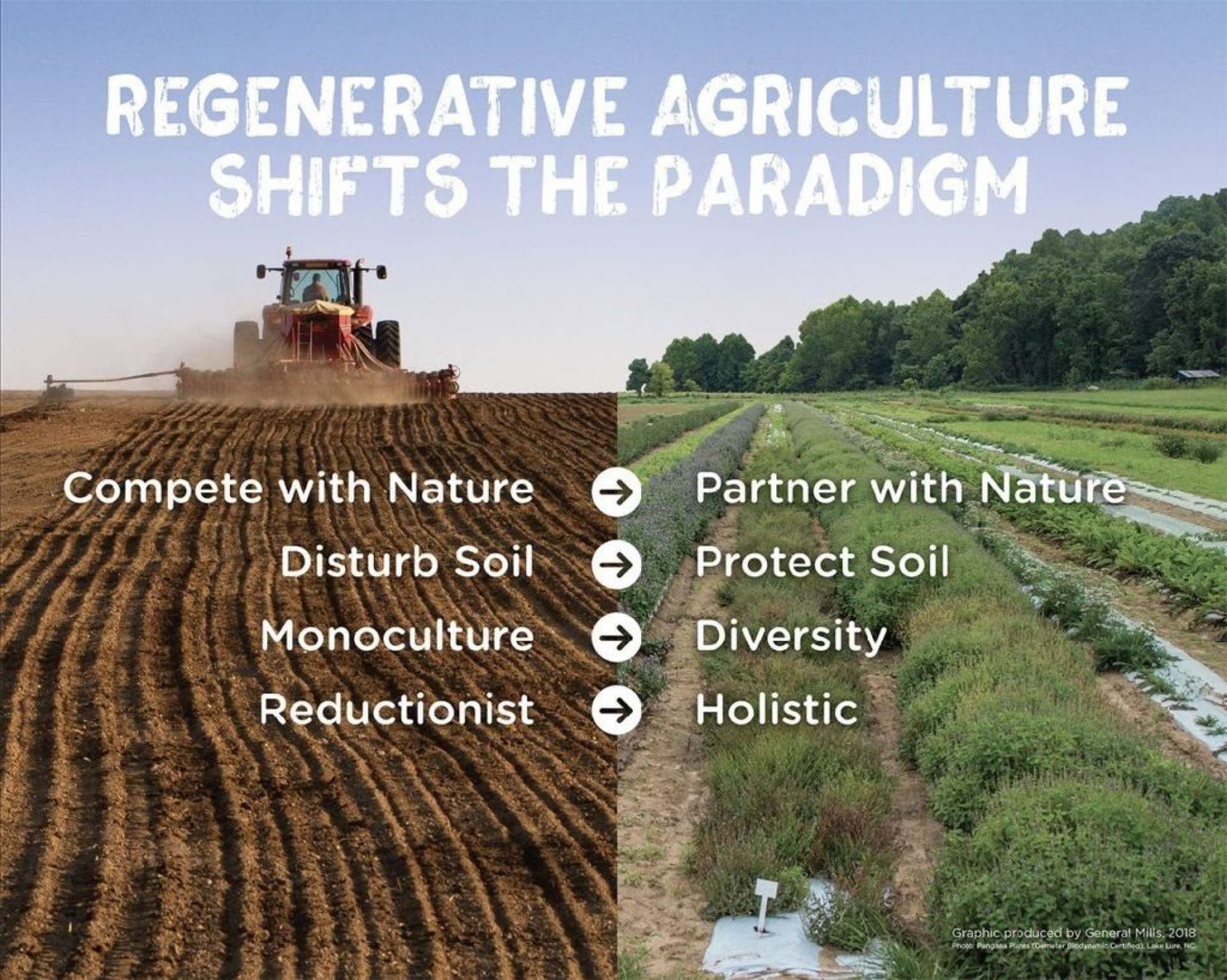
(1) Buy local, organic, regeneratively grown food
The Rodale Institute, one of the leading organic agriculture research centers in the country, published a white paper on how organic agriculture can almost single-handedly curb the climate crisis. Organic and regenerative agriculture are methods of farming that restore soil health and allow the soil to sequester a much greater amount of carbon dioxide (CO2 that is kept from entering the atmosphere) and nutrients. According to the UN Food and Agriculture Organization, we may only have 60 years of farmable soil left if we keep farming conventionally. Conventional methods of constant plowing and overuse of pesticides have drastically increased erosion and stripped the soil of nutrients.
Many people voice concerns on the legitimacy of Organic production. The fact is, even though it may not be perfect - it is something. If that is not enough for you, the best way to mitigate your concerns about organic farming is to buy locally. Supporting small local farmers, farmers who often use organic practices as you imagine them to be, is the single best thing you can do for your community and the climate when it comes to filling your fridge. And by the way, the more you support locally grown food, the more you protect your own future ability to buy food. As we’ve seen with Covid-19, global supply chains can easily break down.
Keep it local and sign up for a community CSA box, shop at farmers markets, and seek out local farms in your grocery store.
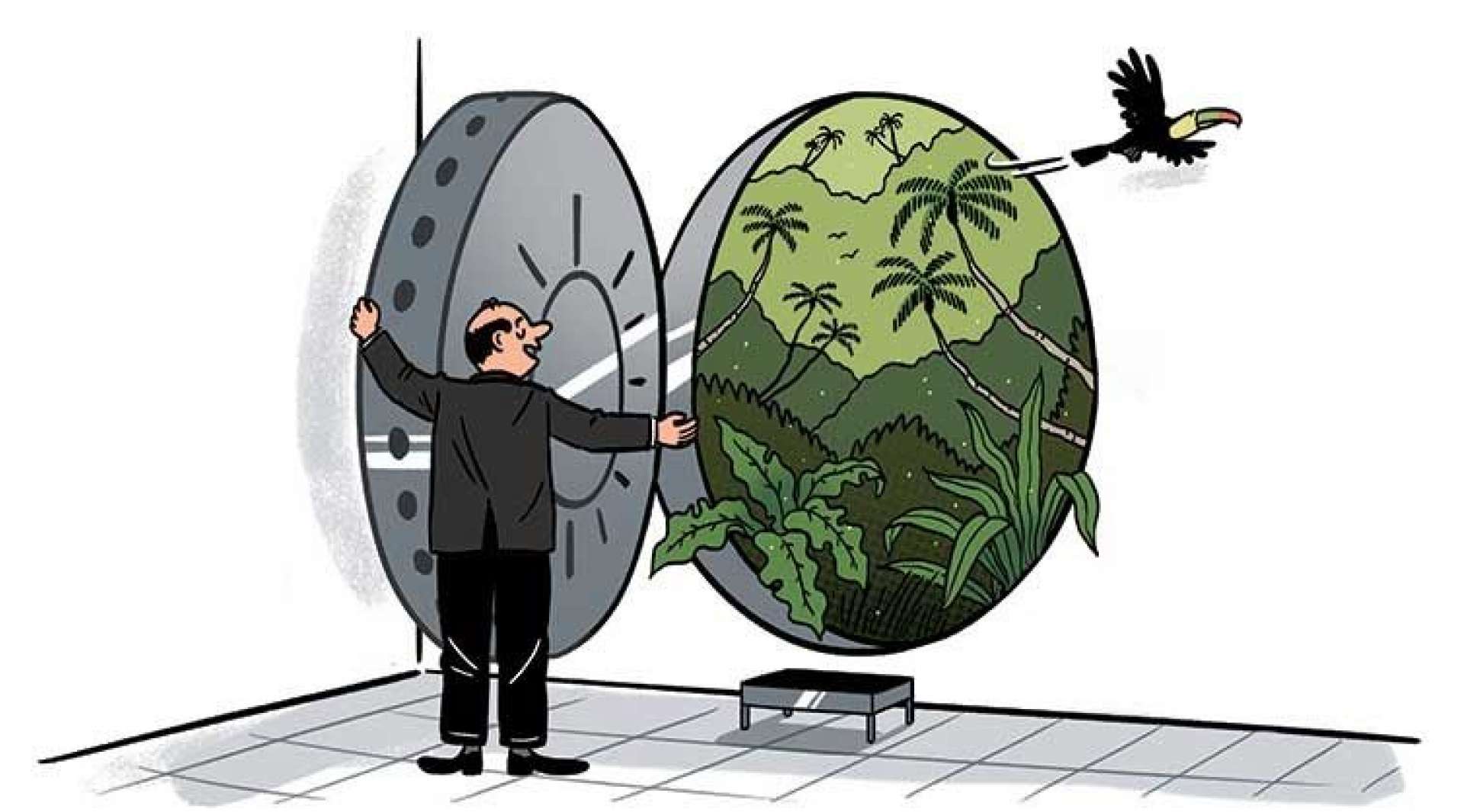
(2) Invest responsibly and bank locally
Your money is expected to work hard for you, why not for communities and the planet? “Impact Investing” is exploding in popularity, which means you can participate more easily than ever. Check out the US Forum for Sustainable and Responsible Investment. This article in the NY Times is also a great place to start familiarizing with the terms.
Do you keep your money in a bank that invests billions in fossil fuel companies each year? If it's a large bank like Wells Fargo or Bank of America - the answer is yes. Fossil fuels are becoming less relevant to our economy by the day as renewables grow and people see fossil fuels for what they are, so why should you hold your money in an institution that directly supports them? Instead, you can choose a bank that does better. Green banks, dedicated to bringing capital for renewable energy and other projects to frontline communities, have grown across the country. Peruse Beneficial State Bank’s site. They are a Certified B Corporation, a member of the Global Alliance for Banking on Values, and they “strive to ensure that 75% or more of our loan dollars directly serve our mission supporting a more socially-just and environmentally-sustainable world, and that none of our loans are counter to this mission.” This only scratches the surface of their impact, you can read their giving report to learn more. Now ask yourself, does your bank do that?
Switch to a local credit union or other local bank that will invest your money back into your community, and talk to your financial advisor about ESG or socially-responsible investing.
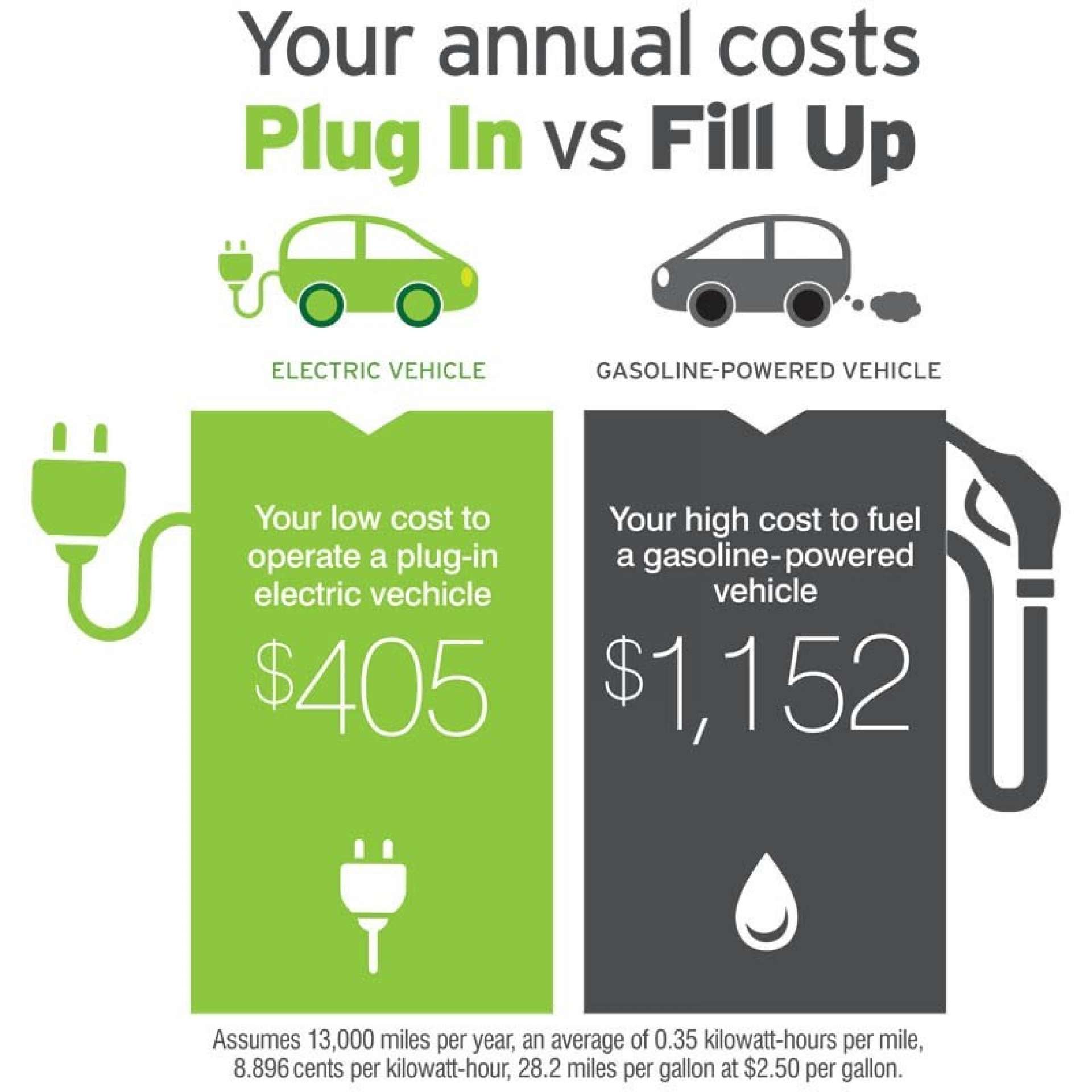
(3) Champion the clean energy economy
Two things you can do to champion the clean energy economy: Make your next car an electric one and vote for a carbon tax. A carbon tax is a basic economic tool that has drastic potential to slow climate change. The saying, “Tax ‘bads’ and incentivise ‘goods,’” sums up the need for a carbon tax. Carbon dioxide and other greenhouse gases are the ‘bads’ in this case. Oil, coal, and natural gas are industries that only produce bad outcomes - they pollute communities, provide a profit for very few people, and cause environmental disaster. Clean energy sources provide more jobs per unit of energy produced than for any fossil fuel, and they aren’t as dangerous or polluting!
If you can avoid purchasing or using a car at all, that is the most sustainable way to go. However, if you are buying a car, you can support green energy by purchasing an electric vehicle. In Washington state, House Bill 1204 and Senate Bill 5256, “Clean Cars by 2030,” require that all cars made in the model year 2030 or later are electric vehicles. The infrastructure for electric is coming - the Pacific Coast Collaborative (PCC), a group of states, cities, and businesses working for economic and climate resiliency on the pacific coast, is committed to transforming and decarbonizing transportation. The PCC is aligned with the Zero Emission Vehicle Alliance’s commitment among pacfic coast states to ensure 100% zero emission vehicles by 2050. Despite the lack of electric vehicles you see on the road today, this transformation is well on its way. Make sure your next vehicle is electric and save money while saving the earth. Unsure about where to start when buying electric? Check out Plug in America.
Watch: Public Trust, a documentary by Patagonia.
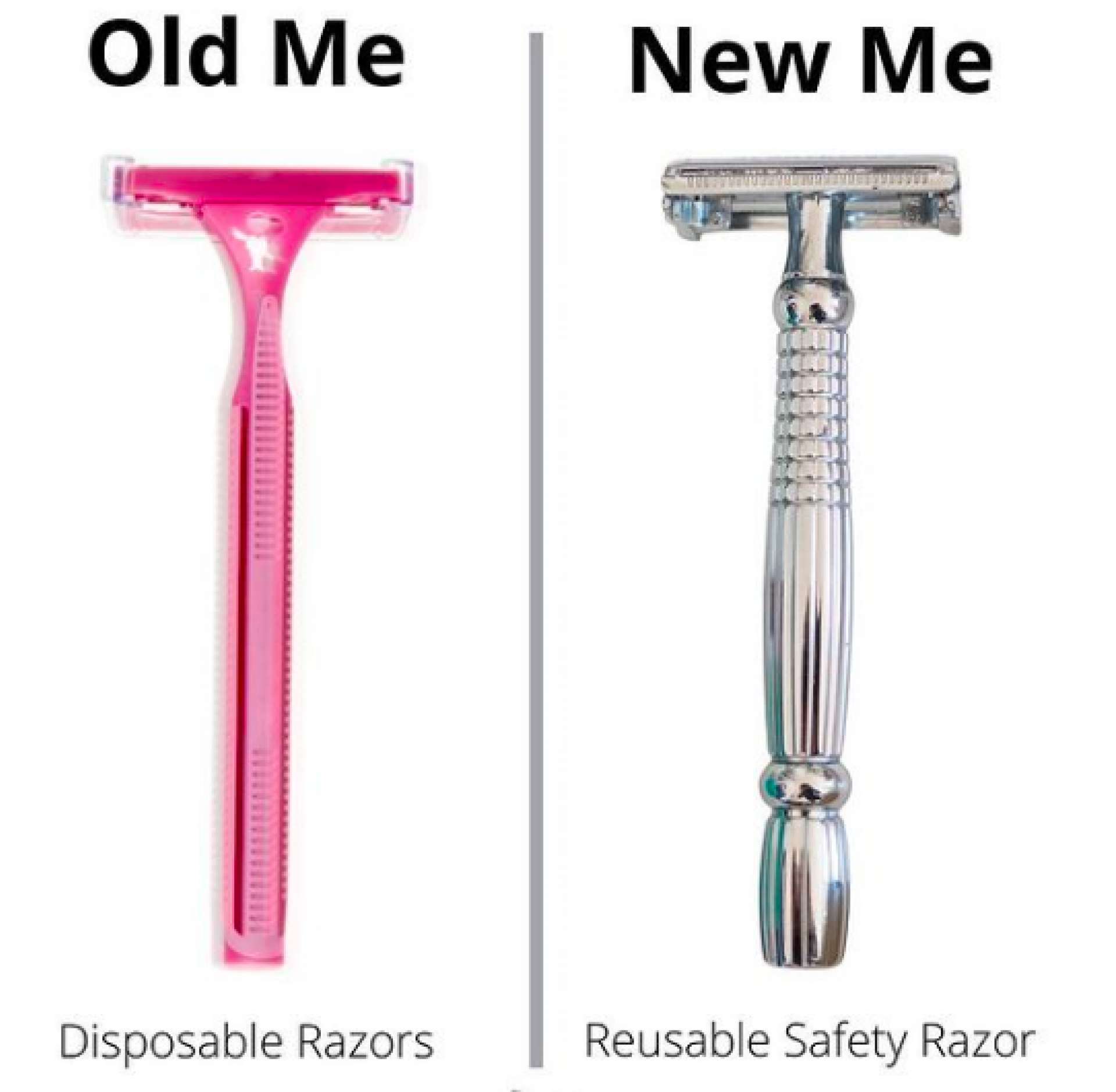
(4) Create low waste habits
Low-waste swaps are super fun to make, and most save you money - it makes sense, the fewer things you have to throw away, the less you have to buy. The easiest places to start are the kitchen and the bathroom. A great swap is switching from disposable razors to a metal razor that you can use for life. Razors are expensive. The plastics and metals that make up disposable razors have quite literally been mined from the earth to be used a few times and then thrown away. Forever. Most of our economy is built like this. Don’t be disposable, be part of the solution. Get a metal razor that you can reuse for life. You can cheaply replace the blades, which can be eventually recycled at a designated facility. Call your local recycling center to see if they will take the blades. Incorporating these practices into your life can lead to more meaning and intention around daily tasks, without ever feeling like a sacrifice.
How to identify low waste swaps? The main thing to do is to switch out plastic. Plastic is in almost everything and can be difficult to identify. The inundation of plastic in our lives is disastrous to ecosystems and our human health. Plastic, made from petroleum, breaks down into micro-sized pieces and is making its way up the food chain into our bodies. There are countless resources to learn more about the devastating effects of plastic we are seeing, and coalitions popping up everyday to combat this wave of pollution.
Instead of trying to cut plastic out of your life altogether, start by looking for businesses that promote plastic-free or zero-waste goods and find swaps that speak to you.
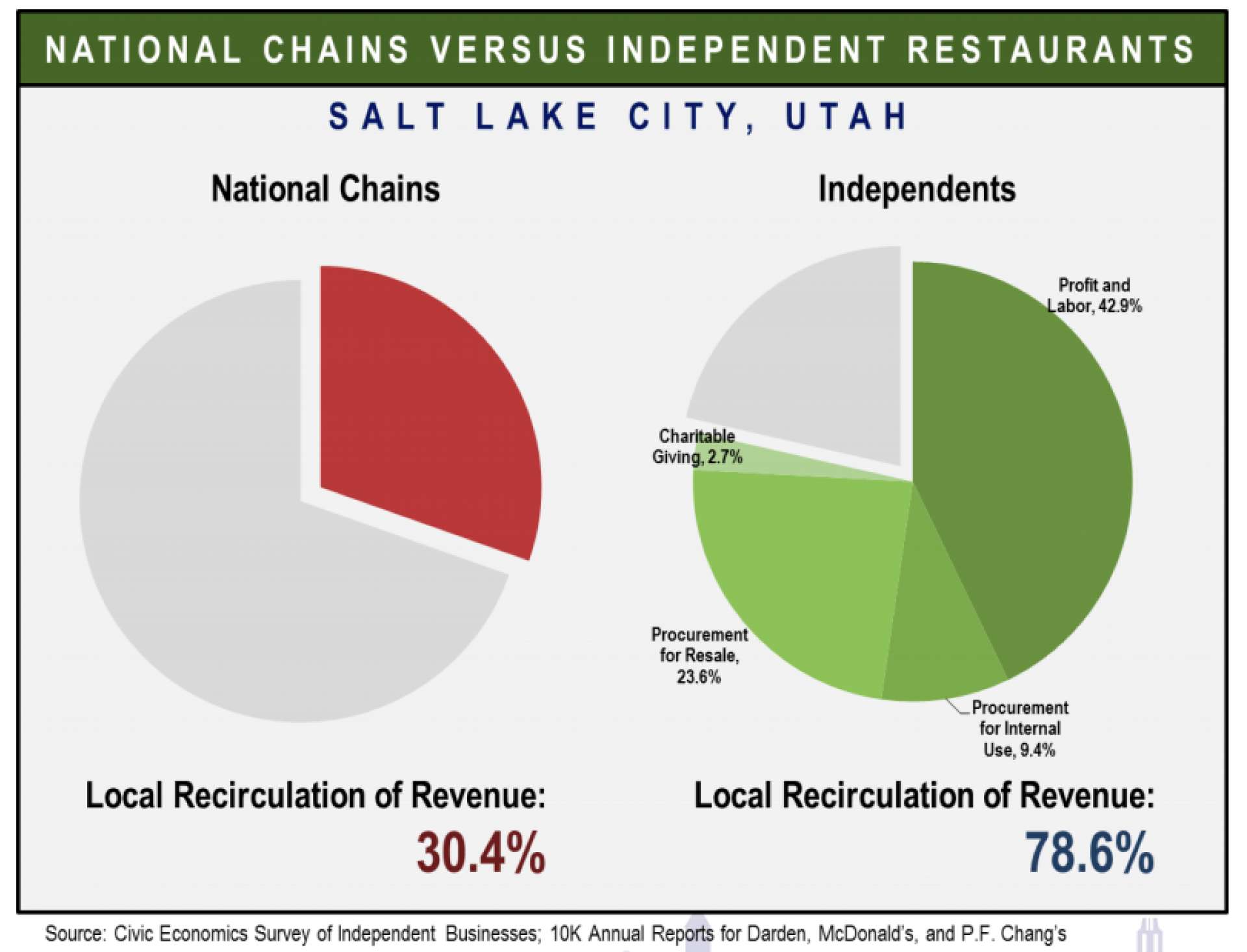
(5) Vote with your wallet
Support Black-owned businesses and purchase from Certified B Corporations. Look for well known certifications such as Fair Trade or Organic, and do research into lesser known certification that may be just getting off the ground. Certifications are not the only way to tell a business’ practices, but they give you an indicator, especially if you are in a rush. Above all, the best vote you can make with your dollar is to purchase locally. For every dollar you spend with a local business, 52 cents stays in your own community - to circulate among your family, friends, and neighbors. For every dollar you spend at a chain or from an online retailer, only 14 cents stays in your community. By supporting local, independently owned businesses, you can help to reduce inequality, create and support better-paying jobs, and increase social well-being in your community. Read the “Why Buy Local” page at Sustainable Connections. We have the power to shape our communities through our purchases.
Look for Black businesses (Spokane and nationally) to support in your communities and learn about B Corp certification, the most holistic certification available for businesses.
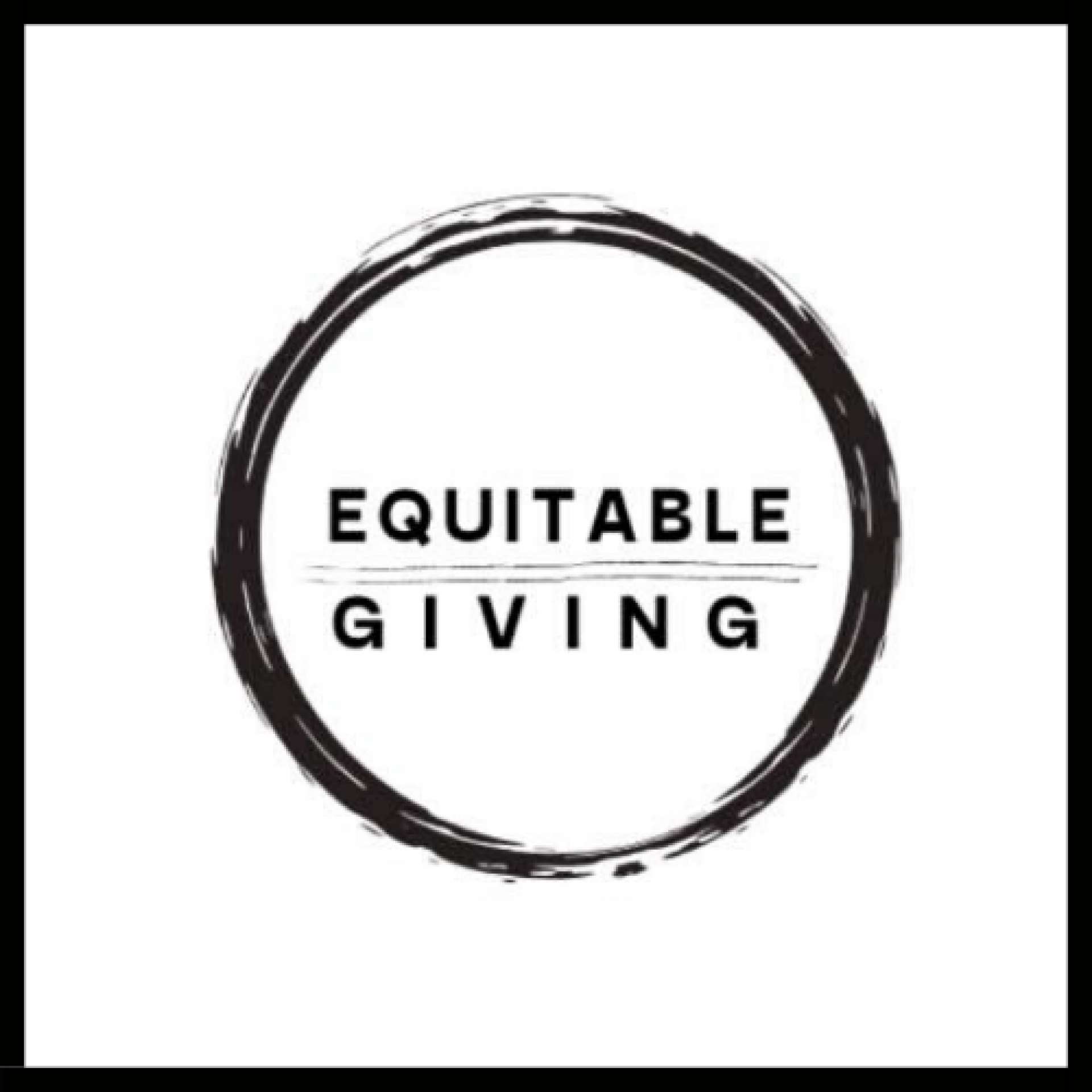
(6) Give as you go
Last, but far from least, create a budget for giving to your local community. This is a chance to support racial and environmental justice by giving money to those who know how to use it best. Small contributions are a huge part of how non-profit organizations run; you do not have to be a millionaire to make an impact. A small monthly donation to a local non-profit working for racial justice shows that organization you care about their mission.
Inquire into how you can expand company giving, whether you are the owner or an entry level employee. Business has a massive role to play in solving social crises through direct financial support. Small businesses and individuals have flexibility and the ability to build relationships with non-profits. They are much better positioned to directly target community needs than large foundations. When you go to donate, pick a cause that you care about, a dollar amount that you can afford, and stick with that donation over time. You’ll find yourself connected to a group of individuals through the organization you choose that care about solving the same thing.
Read More
The 1980s Called and They Want Their Business Case Back: Why we're rejecting the "business case" for sustainability
They say a rising tide raises all boats. But there isn’t any raising to be done when the tide no longer comes into the bay – all boats remain stranded. We are often asked about the business case for sustainability. For y
Protect Your Community or Organization with a Climate Action Plan
Introduction Our changing climate impacts every aspect of our lives—our economy, our communities, and the environment—in ways both visible and unseen. While scientists and environmental organizations have long recognized
Witnessing the world of sustainable business firsthand
As a young student with a passion for climate justice and sustainability, it always felt like a contradiction to pursue a degree in business. From what I had witnessed, businesses didn’t necessarily operate ethically. Mu
Interning with Purpose: My Journey with Measure Meant
From January to May 2024, I had the distinct pleasure of working with Measure Meant as an Operations Intern. As a graduating senior at Gonzaga University, I had not planned on pursuing another internship in my final seme


